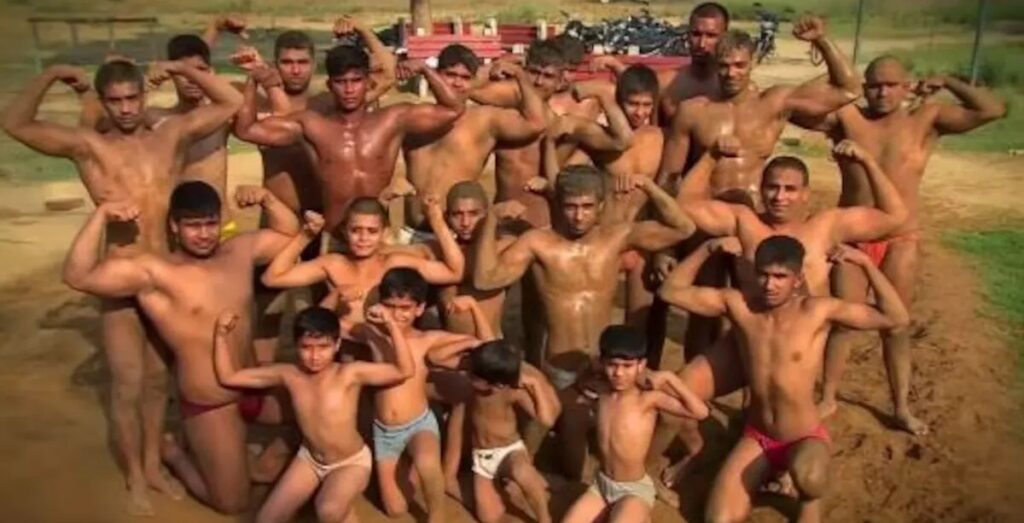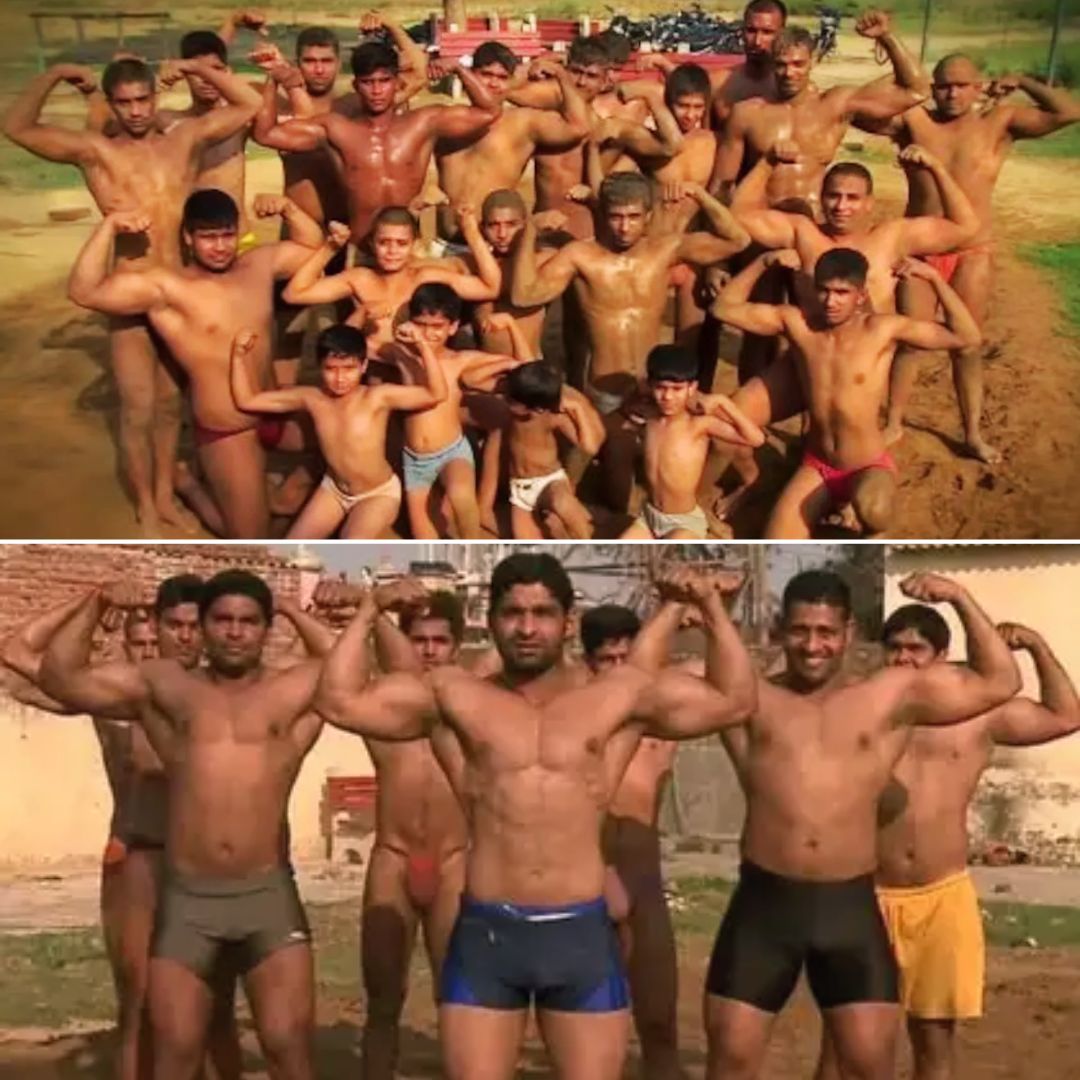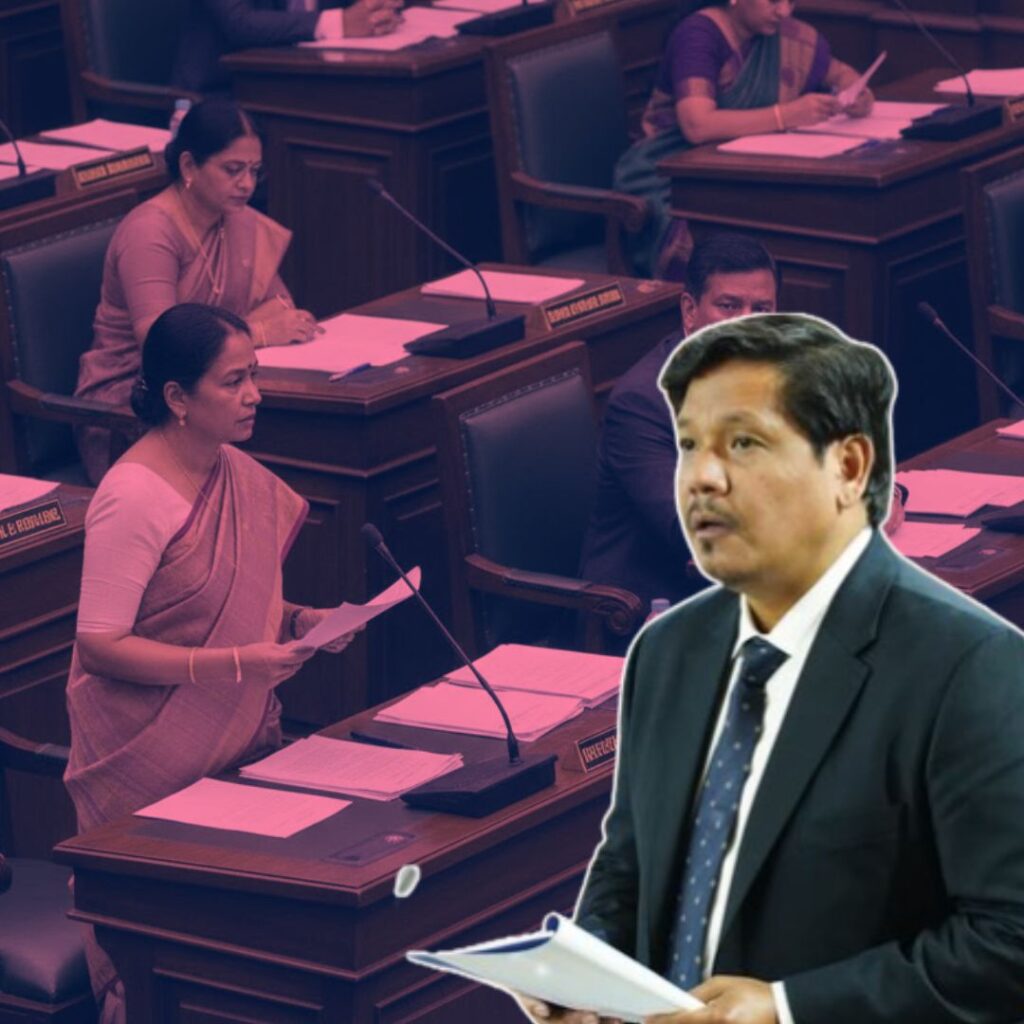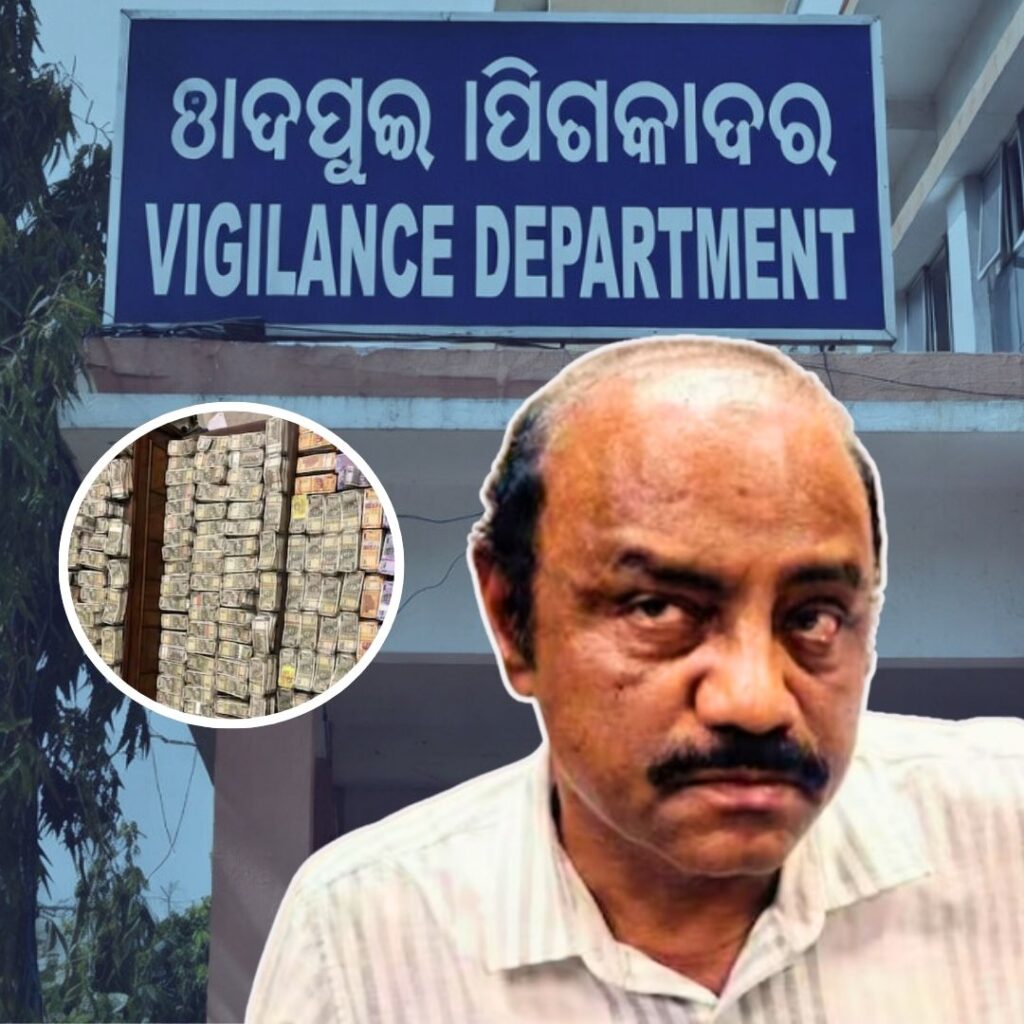Just beyond the bustling streets of Delhi, the twin villages of Asola and Fatehpur Beri have earned the moniker ‘India’s Strongest Village’ for supplying a remarkable number of bouncers to the capital’s nightclubs and bars. With over 300 men working as private security personnel, these villages have become synonymous with physical strength and discipline.
The tradition began when local wrestler Vijay Tanwar, after missing out on an Olympic opportunity, became the village’s first bouncer in the late 1990s. Today, the villages’ unique culture and commitment to fitness have made them a vital part of Delhi’s nightlife security. Community leaders and local officials praise the positive impact this tradition has had on youth empowerment and the local economy.

Strength and Brotherhood: The Backbone of Asola-Fatehpur Beri
Nestled near the Chattarpur area on Delhi’s southern edge, Asola and Fatehpur Beri are home to around 15,000 residents, many of whom belong to the Tanwar community, historically known for their wrestling prowess. The villages’ dusty lanes echo with the sounds of early morning training sessions at local akharas (wrestling gyms), where boys as young as six begin their journey towards physical excellence.
“I was the first bouncer from this village. Then everyone followed my path. More than 300 musclemen work as bouncers in New Delhi’s clubs and bars now,” shared Vijay Tanwar, whose pioneering spirit turned a wrestling legacy into a new livelihood. The bouncers, known for their imposing physiques, strict vegetarian diets, and disciplined lifestyles, are highly sought after by Delhi’s nightlife establishments.
“Our boys are respected not just for their strength but also for their discipline and honesty,” says village elder Guru Lekhraj. Parents and elders believe the tradition keeps youth away from negative influences and instils a sense of pride and responsibility.

Tradition Meets Modern Opportunity: A Changing Identity
The shift from wrestling and farming to private security work began in the late 1990s, as economic pressures and changing aspirations prompted young men to seek new avenues. The demand for bouncers rose with the growth of Delhi’s nightlife, and Asola-Fatehpur Beri quickly became the go-to source for reliable security personnel.
Many bouncers see their work as a stepping stone, with some moving on to international security jobs in countries like Dubai and Singapore. The impact on the villages has been transformative. Increased incomes have led to better education, improved healthcare, and modern amenities for families.
“We are healthy, but we’re also earning good money, able to send kids to good schools, eat well-what else does one need in life?” says Tanwar. While some lament the fading of traditional wrestling, others see the bouncer legacy as a proud evolution of their warrior heritage. Local officials and police acknowledge the positive influence, noting a decline in youth crime and substance abuse.
The Logical Indian’s Perspective
The story of Asola and Fatehpur Beri is a powerful example of how tradition and modernity can coexist, creating new opportunities while preserving community values. These villages show us that physical strength, when guided by discipline and unity, can uplift entire communities and inspire positive change. As Delhi’s nightlife continues to grow, it is essential to recognise and respect the dignity of those who keep our public spaces safe.
At The Logical Indian, we believe in celebrating such local legacies and encouraging dialogue around fair treatment and opportunities for all. How can we further support communities like Asola-Fatehpur Beri in balancing tradition with progress, and ensure that their contributions to society are valued and respected?












